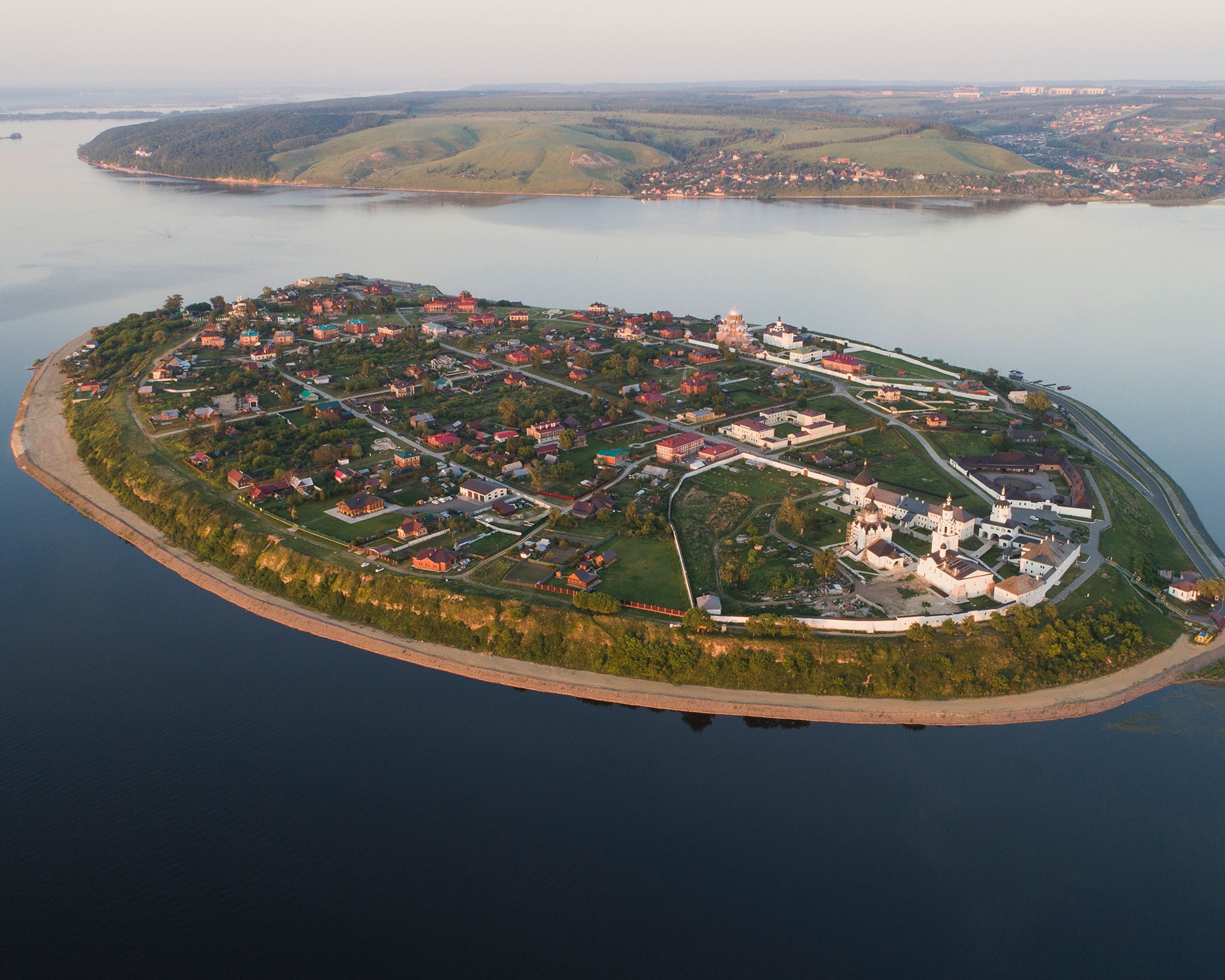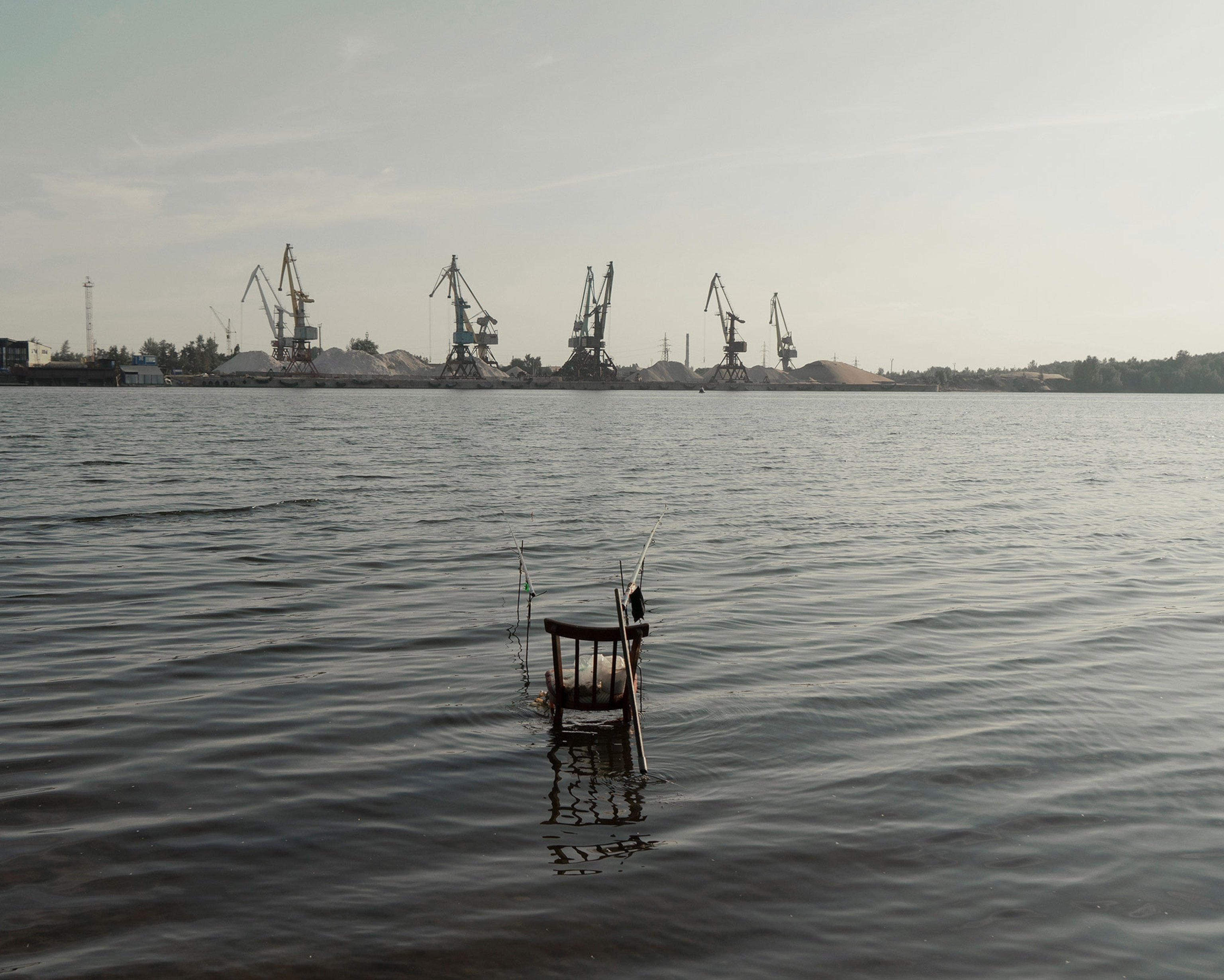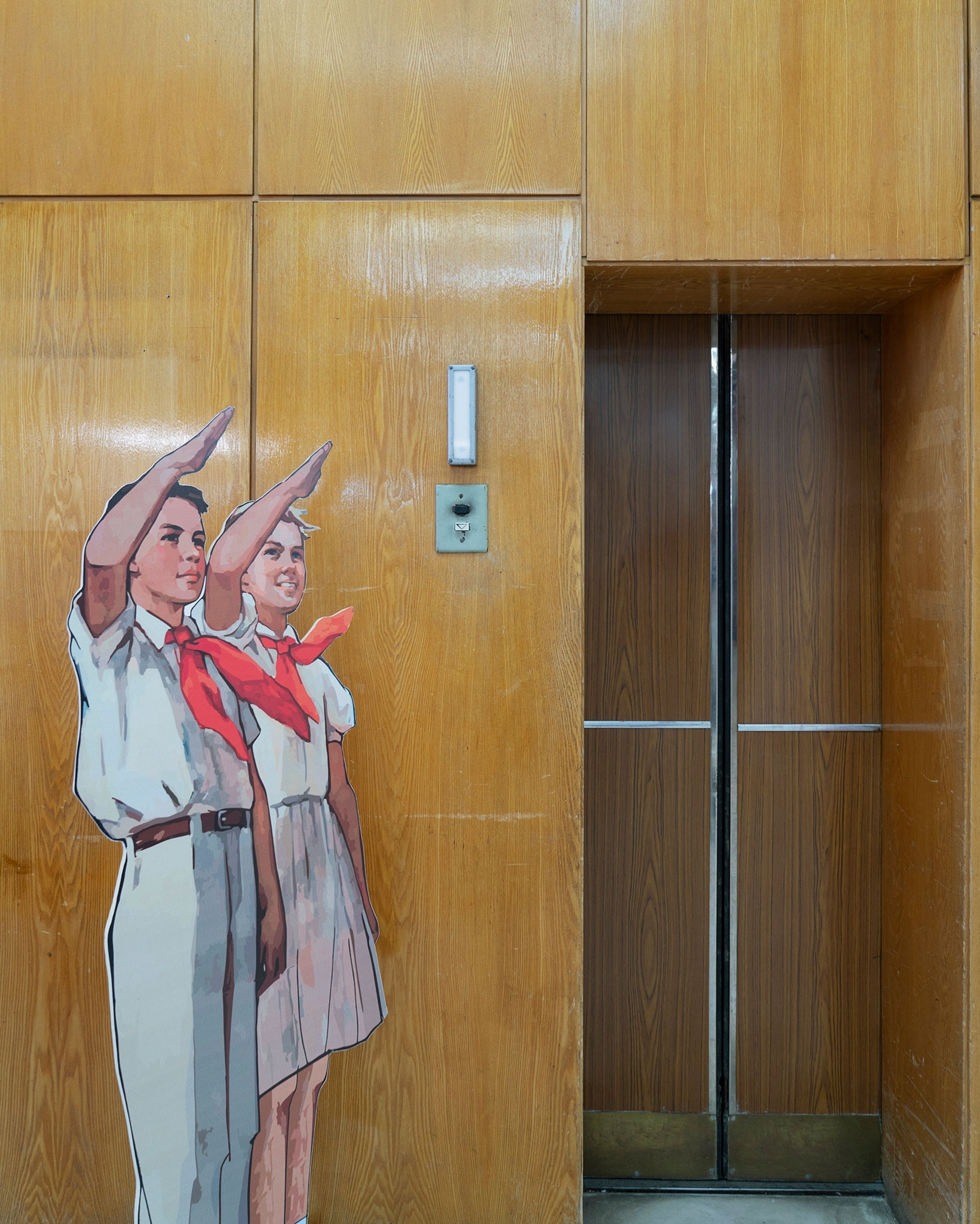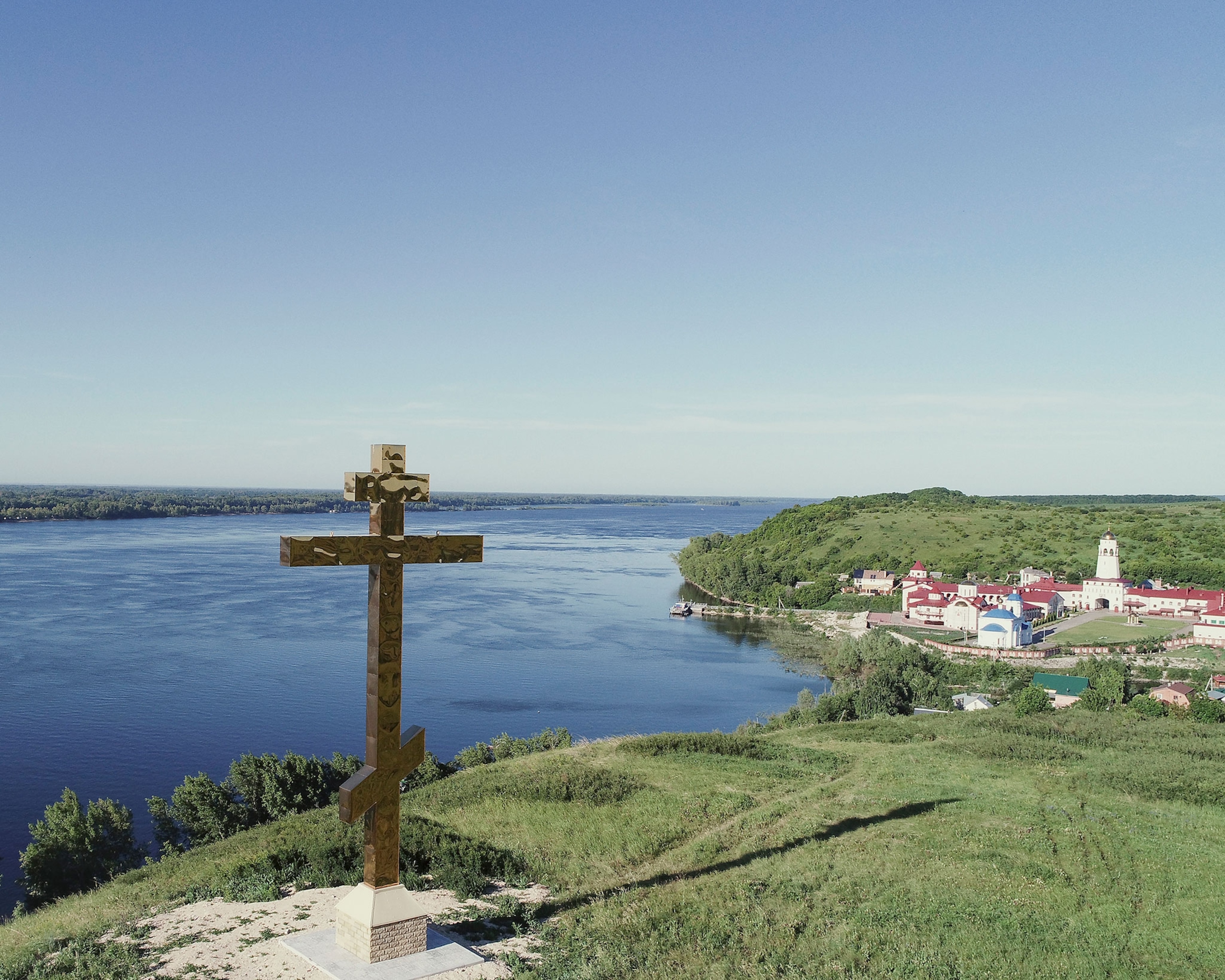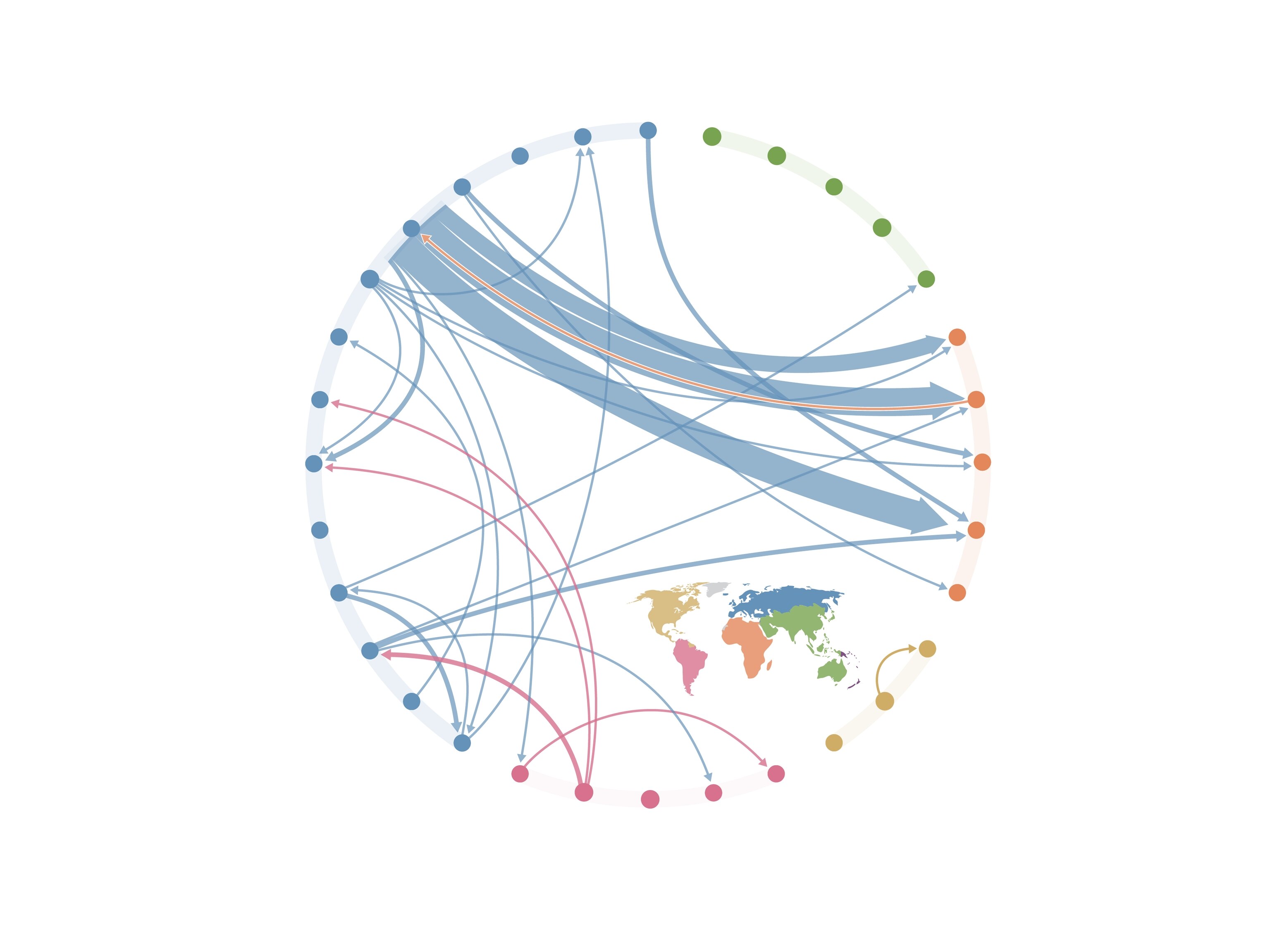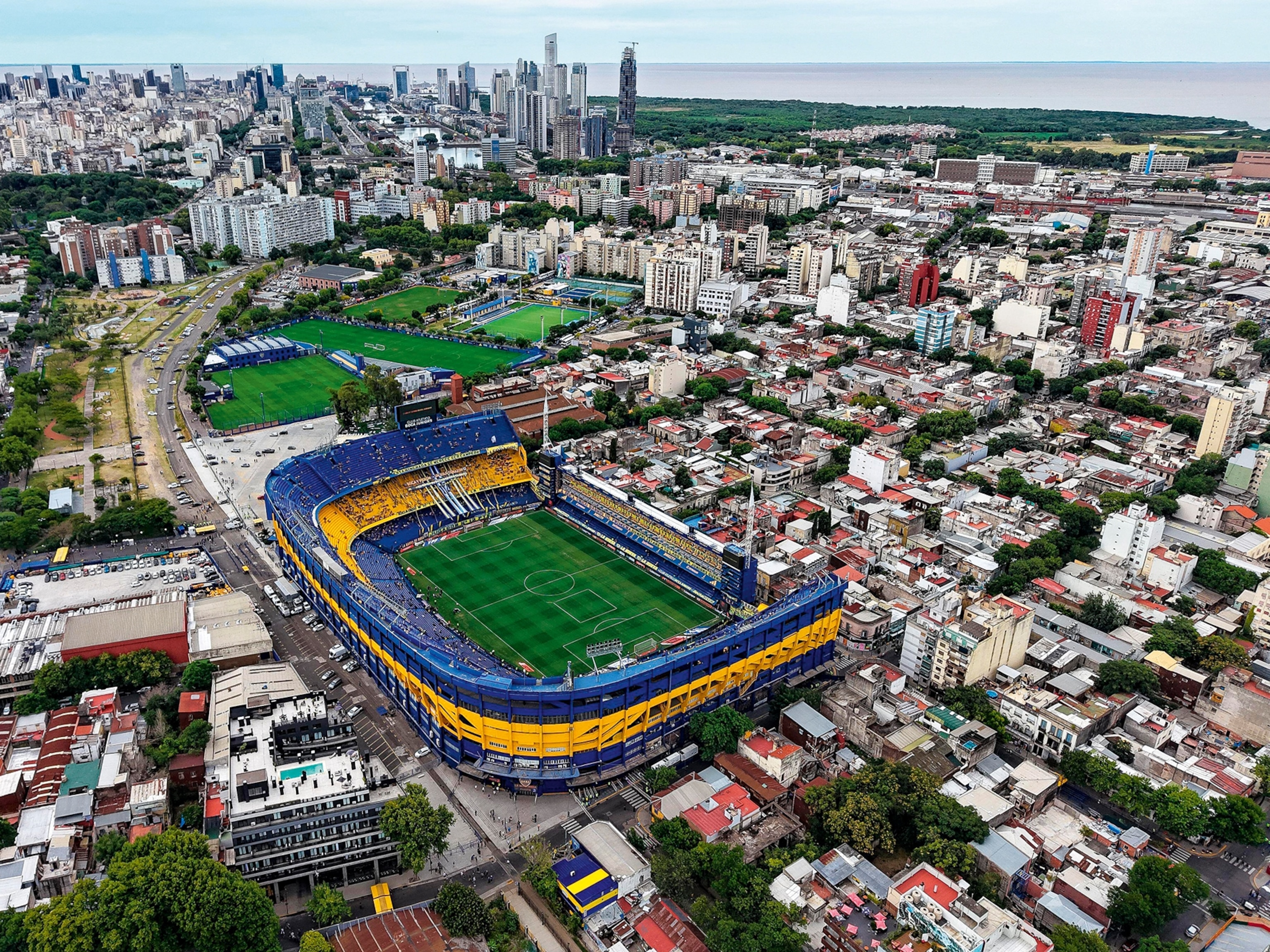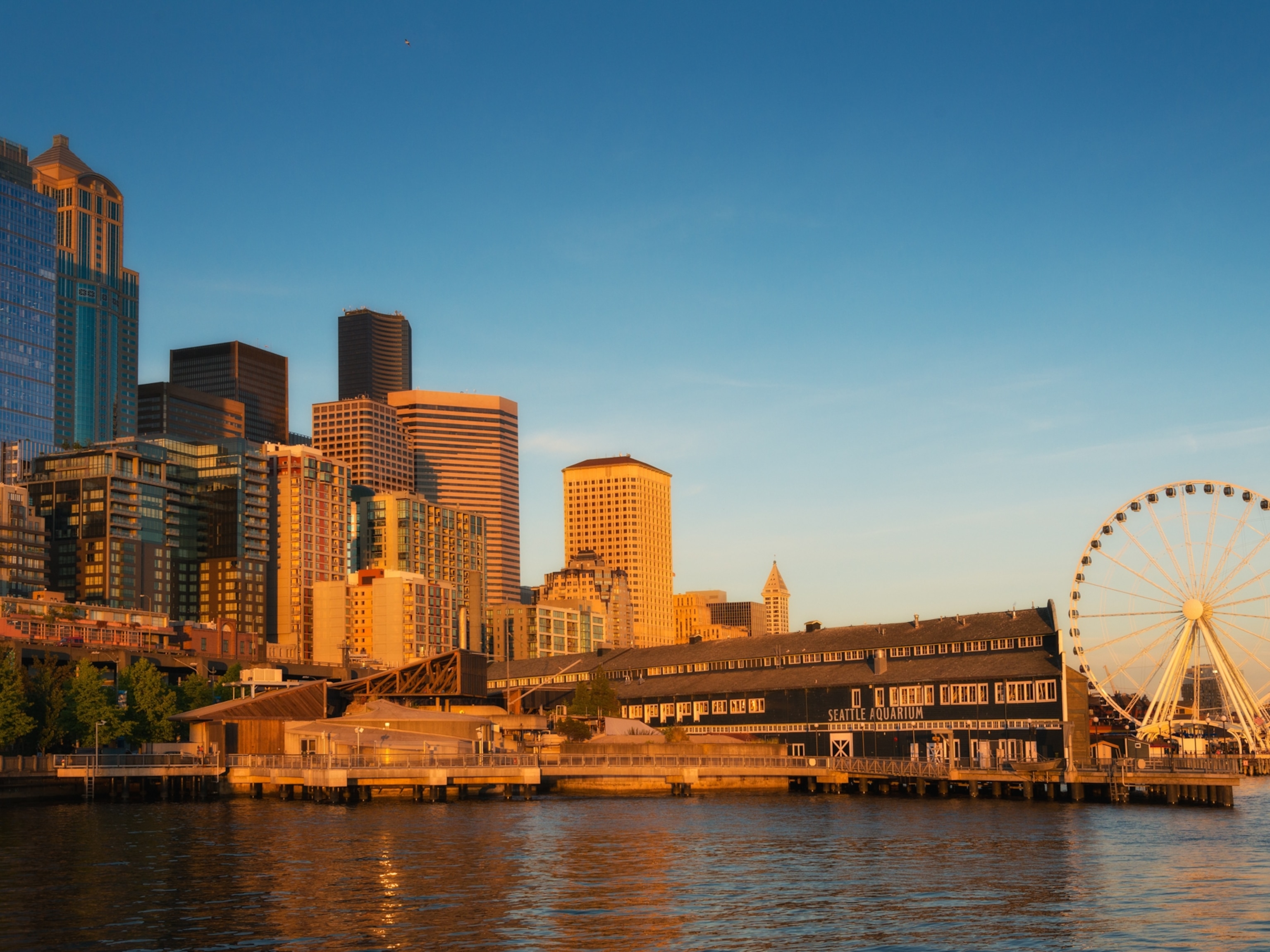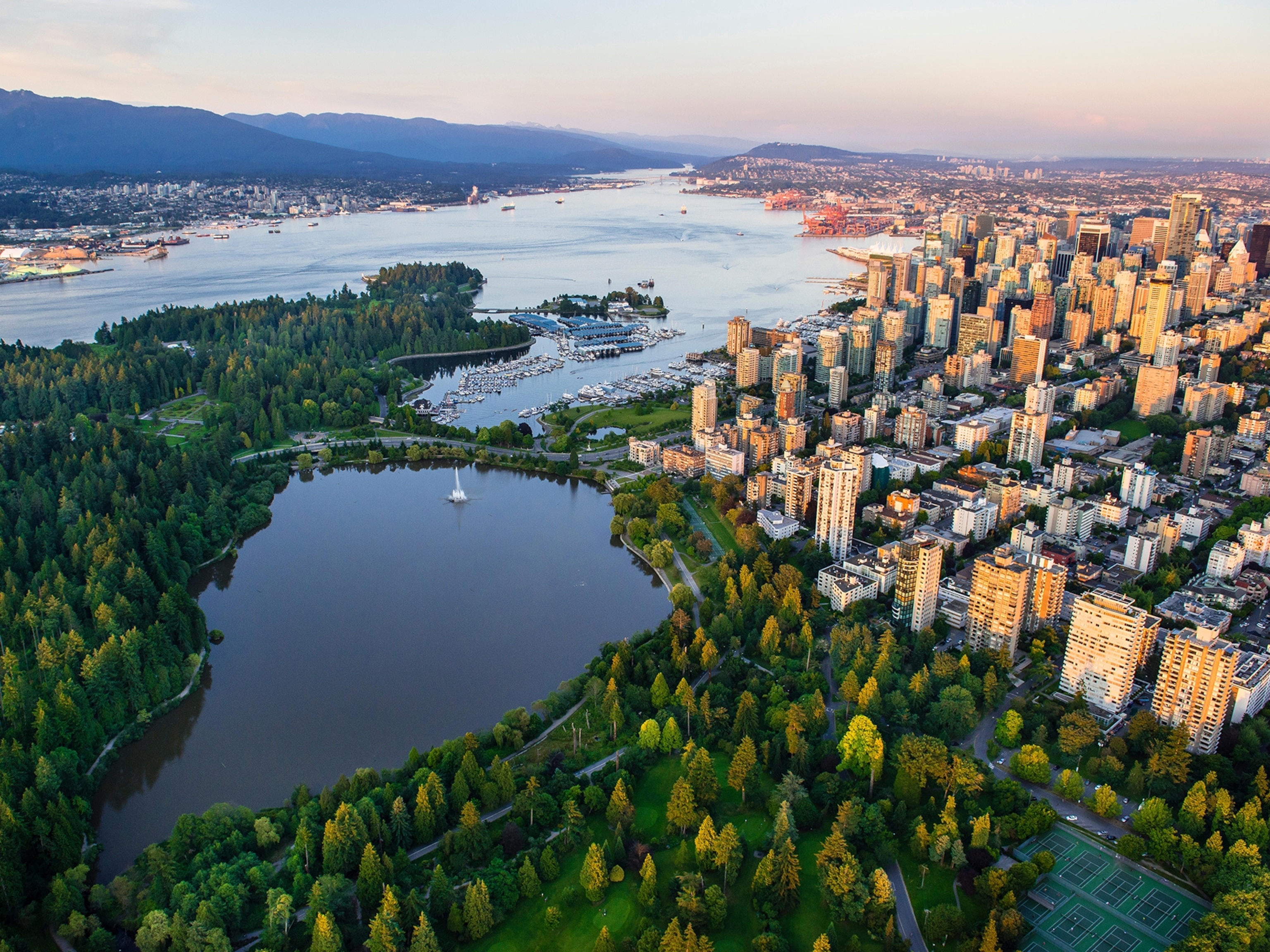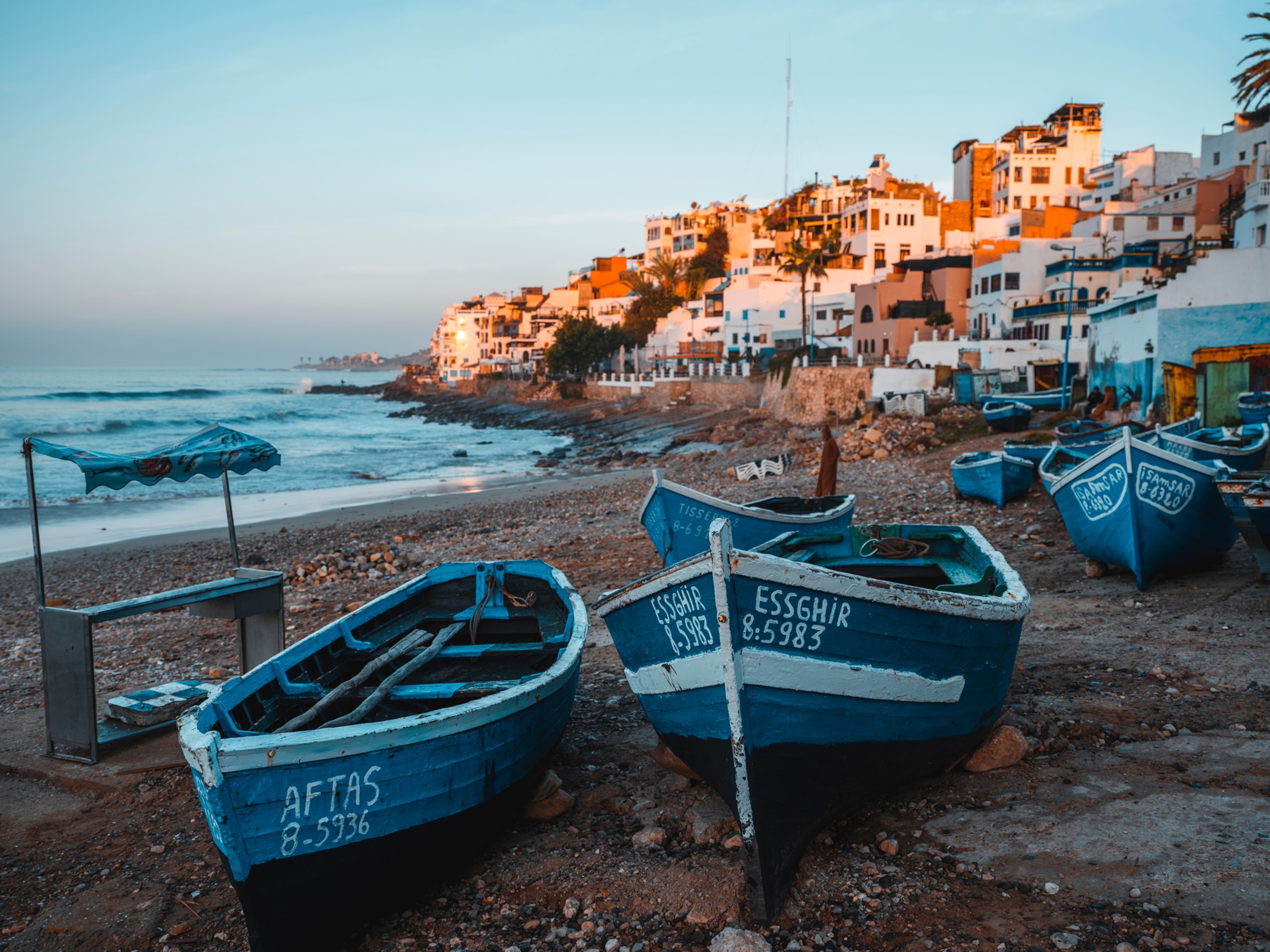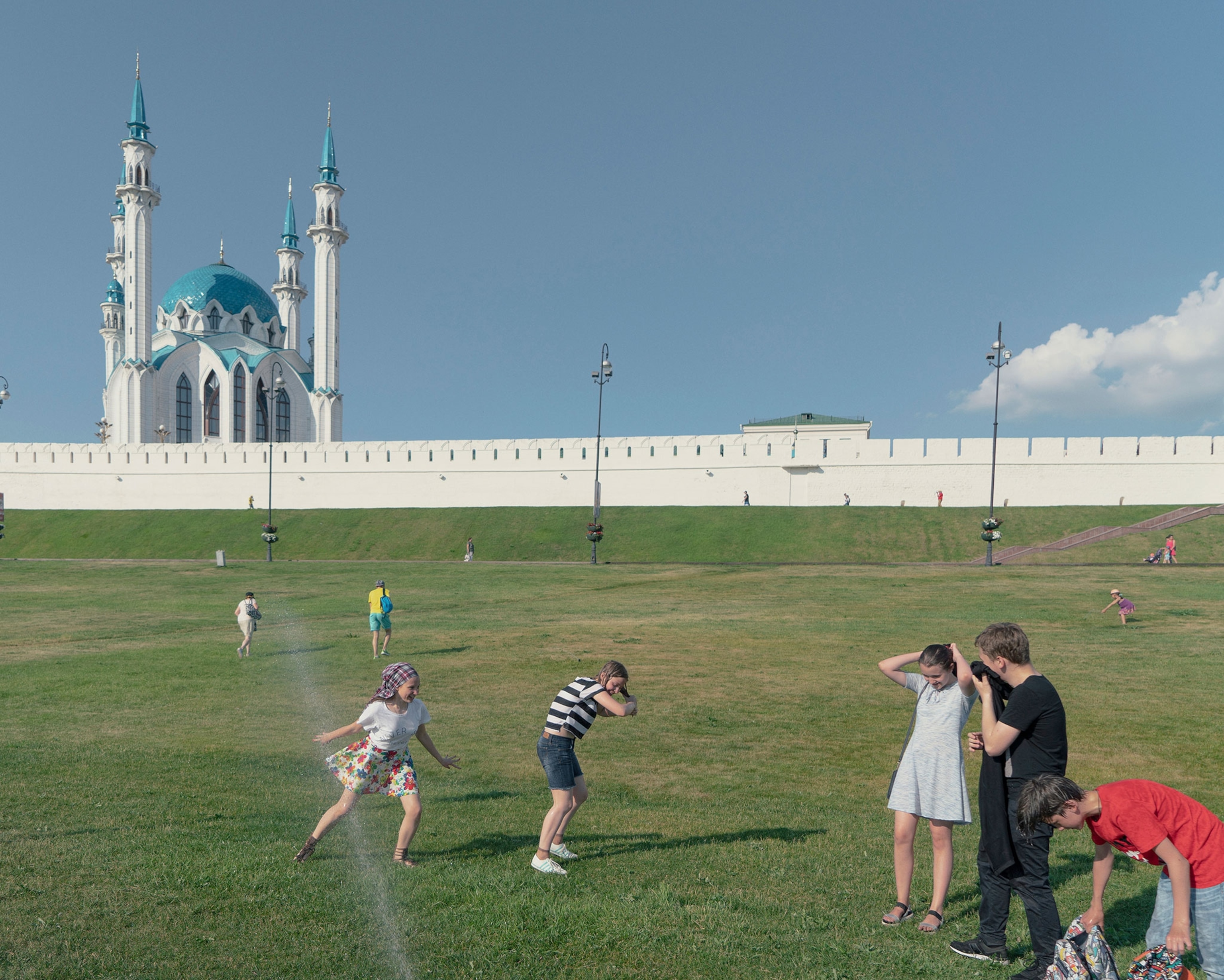
See Photos of Life in Russia's World Cup Towns
Four of the 2018 World Cup sites rest along the historic Volga river, but life continues as normal outside the stadiums.
Russia’s mighty Volga river stretches 2,193 miles (3,530 kilometers) from the northwest of Moscow down to the Caspian Sea in the south. It’s the country’s principle waterway and the historic cradle of the entire state. Along Volga’s banks, Ivan the Terrible began Russia’s expansion during the 16th century, the Battle of Stalingrad claimed over 1.5 million lives in Volgograd in the early 1940s, and Vladimir Lenin was born in 1870 in Ulyanovsk. And now, in 2018, four cities along this monumental stretch of water will host World Cup matches.
While football fever may have consumed large parts of Russia during the tournament, Italian photographer Davide Monteleone, who spent 10 days exploring cities and towns along the Volga during the event, was most interested in the region’s deep-rooted culture and customs.


“Four out of the 11 host cities are on the Volga, but I didn’t want to take pictures of stadiums or fans, because I didn't want to do a story that was only for the moment,” Monteleone says. “It was the occasion of the World Cup, but the pictures that I took are of how the Volga was, is, and is going to be for a few years still.”
During his survey of life along “Mother Volga,” as the locals call it, Monteleone visited both large host cities—Volgograd, Kazan, and Samara—as well as the rural towns between them. In the smaller locales, such as Lipovka, Vinnovka, and Sviyazhsk, which are close, in Russian terms, to the host cities, life continued in the slow way it always has.
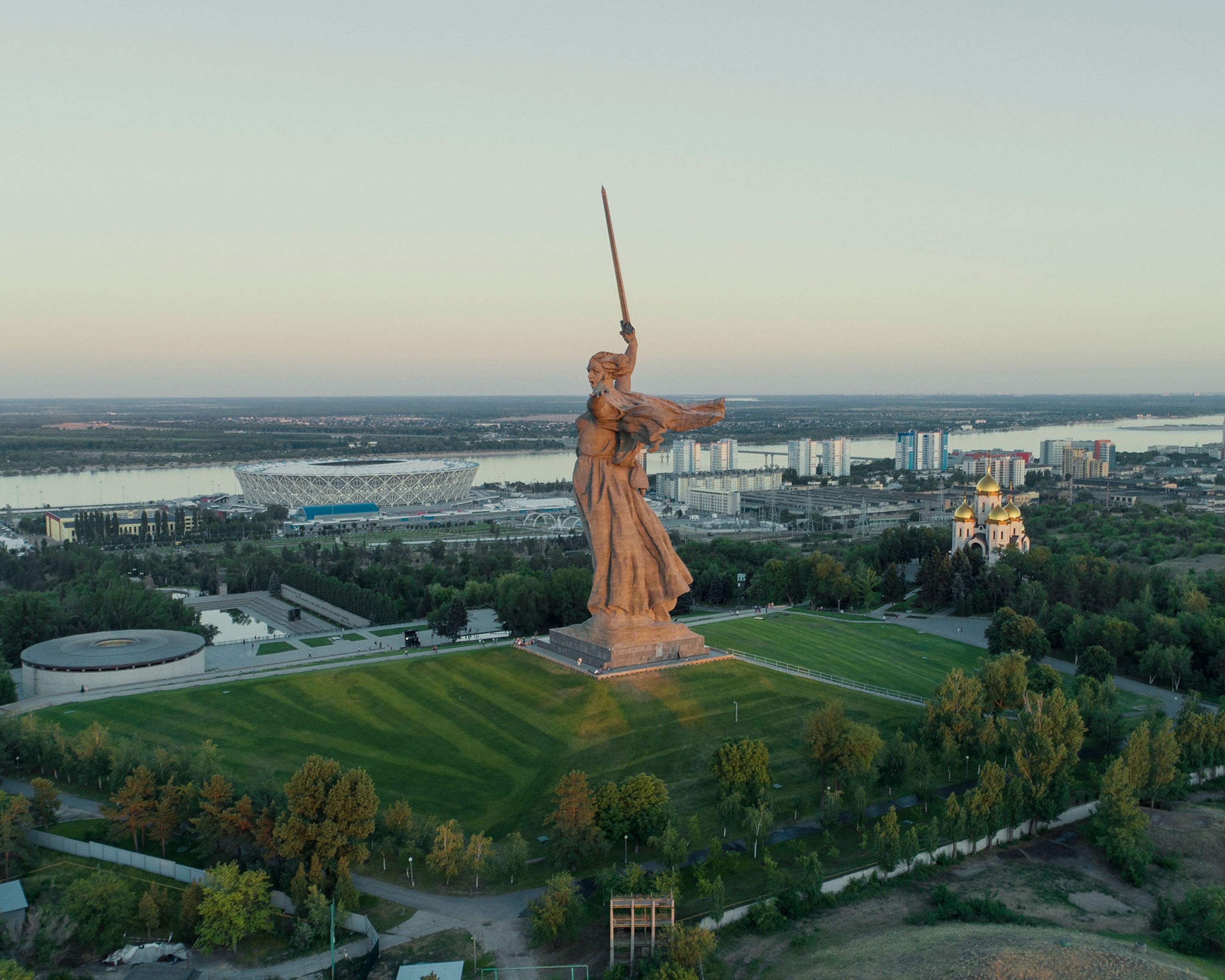
“Rural Russia is one of the most interesting parts, because it hasn’t really changed since the 18th or 19th century. The people conduct a very simple life,” he says. “Here, people were just getting on with their lives as they have done for years. They knew the World Cup was happening, but it was not really the main thing.” Evening activities would more likely involve playing traditional games or a gentle promenade around the main square, he says.
Monteleone’s photographic approach partly echoed this parochial, immutable pace of life. “Most of the time I worked with a large format camera with a digital back that required a tripod. It's pretty slow photography,” he says. Through this method, he created a series of formal, carefully constructed portraits that reveal a culture which still has religion, agriculture, and tradition at its heart. “I had a preconceived idea to try to have portraits that reveal the geography and the sociology of the place,” he says.
The large host cities, however, were caught up in the frenzied excitement of the country’s first World Cup, and the packed restaurants, bars, and newly erected arenas weren’t the only impacts of the tournament. Monteleone, who has been documenting Russia for more than 18 years, also noticed a shift in the general culture and demeanor.
“Russians are famous for being pretty cold most of the time, especially with foreigners,” he explains. “But everyone was very welcoming. And you saw this feeling of freedom that you could do whatever you want. For example, it was a little bit strange to see people dancing in the street and the police not doing anything. Normally, when people gather in the street they get dispersed.”


These cities, outside the usual attractions of Moscow and St. Petersburg, may have welcomed this temporary influx of tourists, but Monteleone suspects these changes won’t last once the streets empty. “It is a moment in contemporary Russia—it's good leverage for Putin and for the government to pursue this welcoming appearance to the world but I'm not sure it will have a big long-term impact,” he says. “Russia has a very slow history. When the World Cup finishes the people will go back to normal life.”
Monteleone’s ongoing work focuses on the relationship between the state and individuals in post-Soviet countries—and that’s just as present in the architecture as anywhere else. In Volgograd, the newly erected arena may be the main attraction for now, but The Motherland Calls, a towering 279-foot statue erected after the Battle of Stalingrad, still looms larger.




